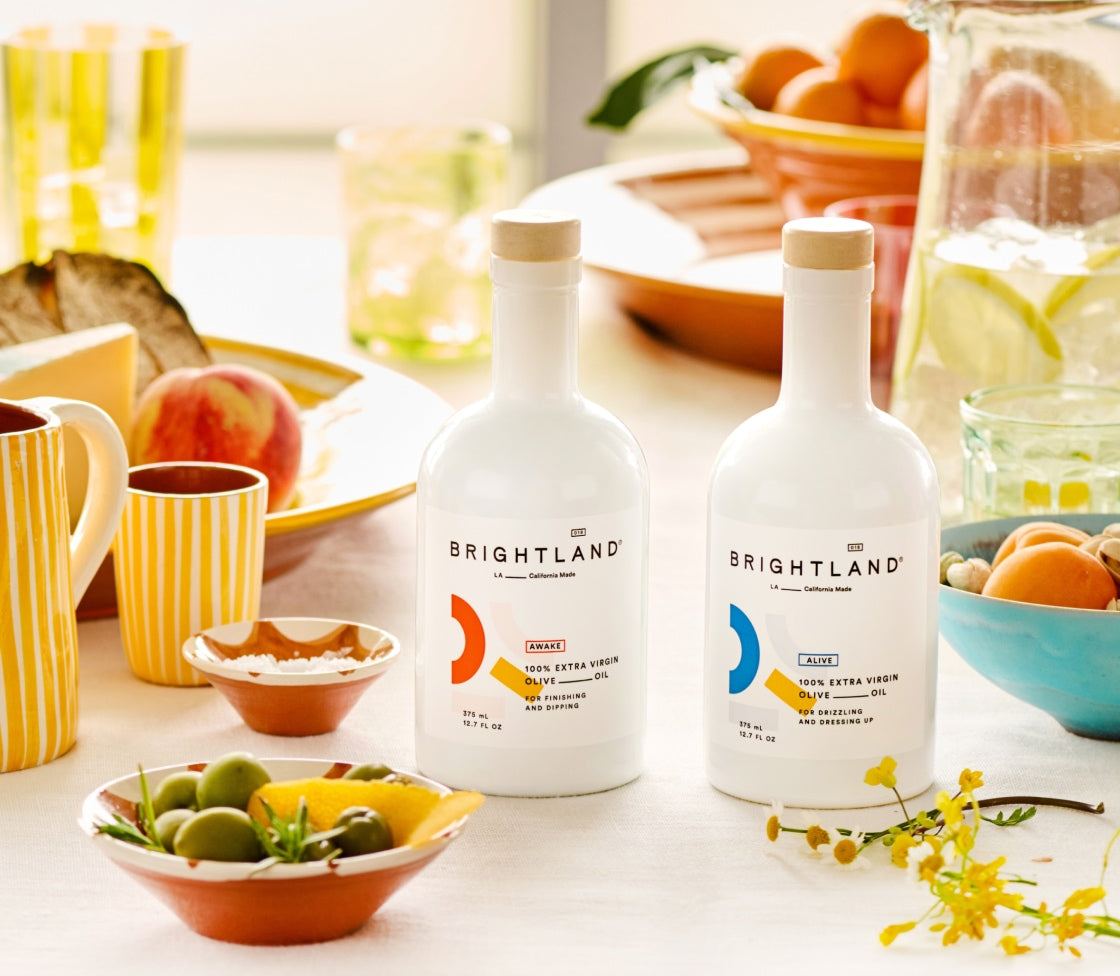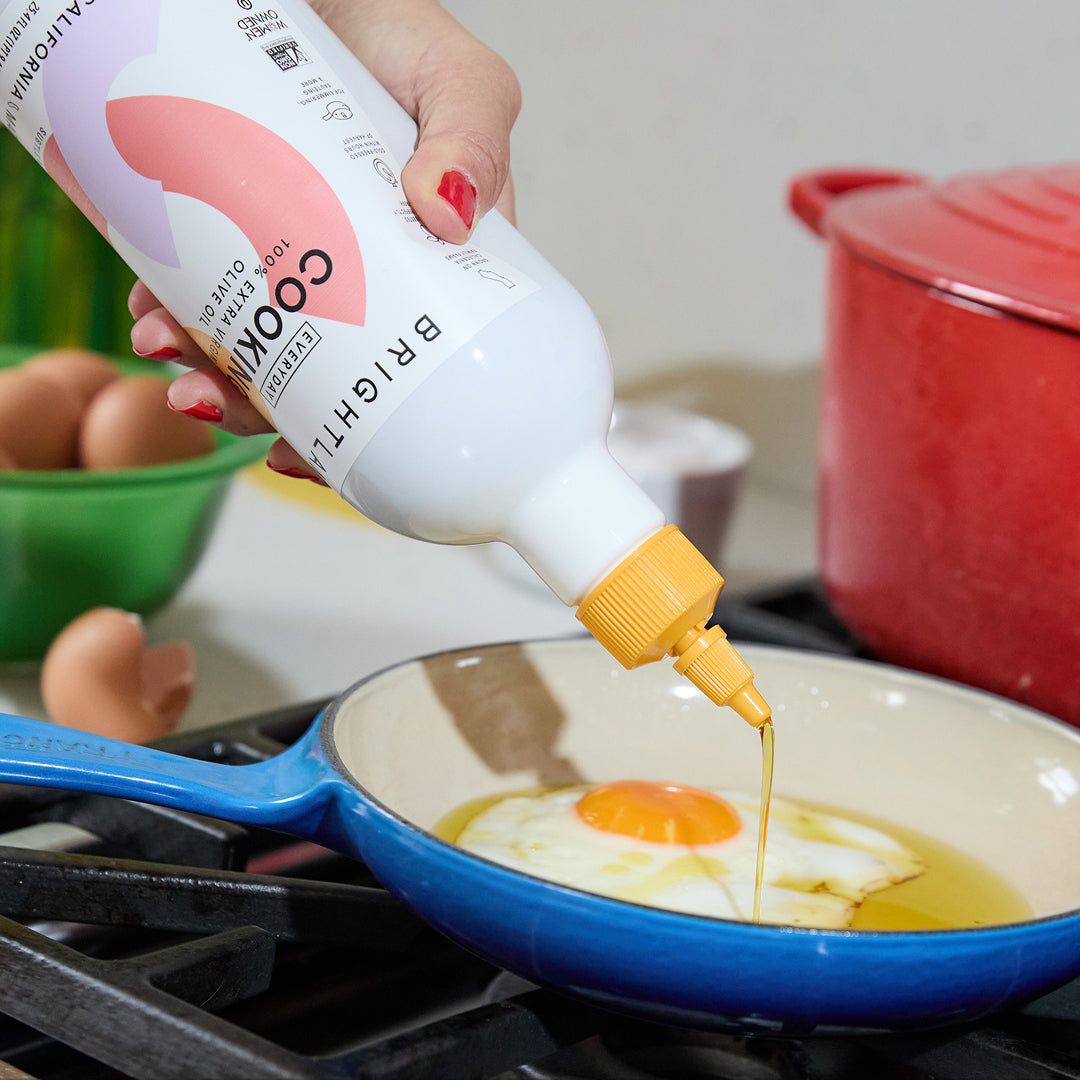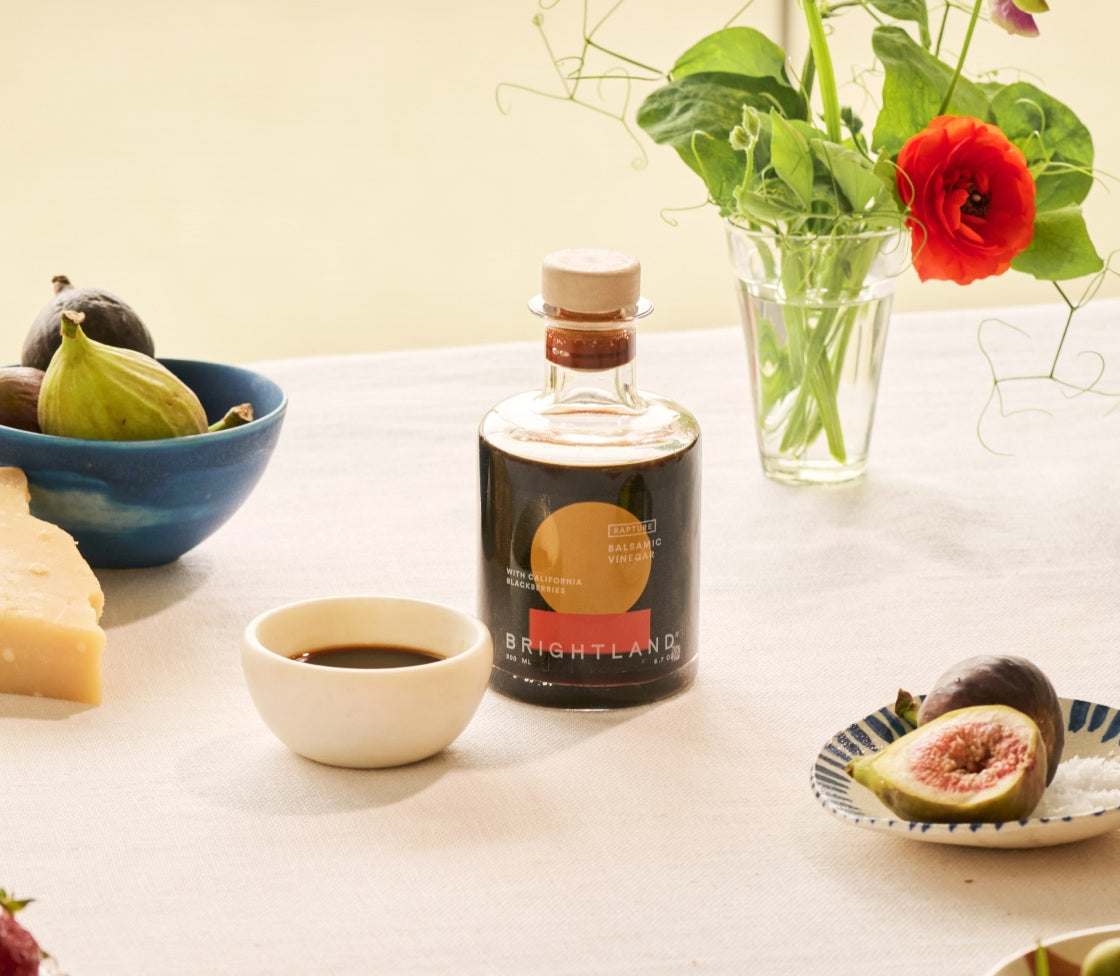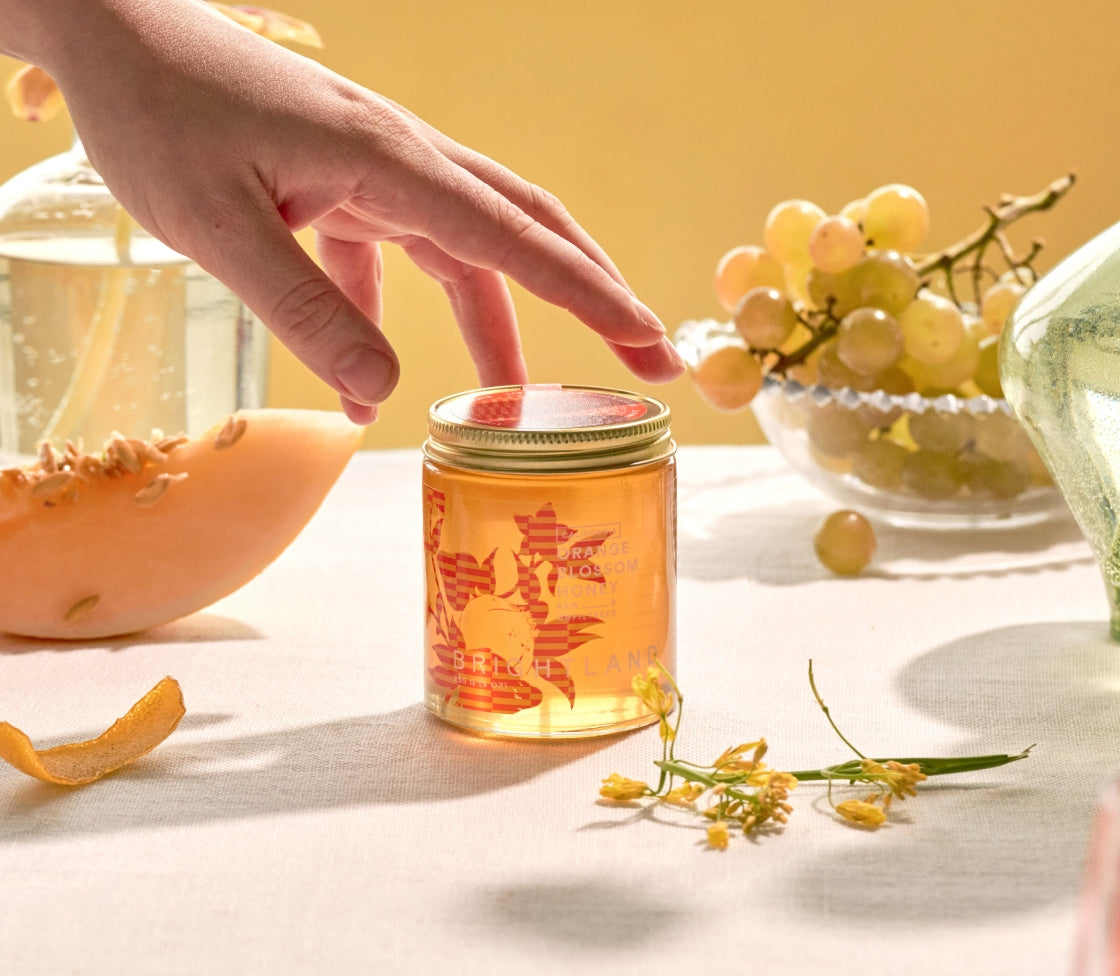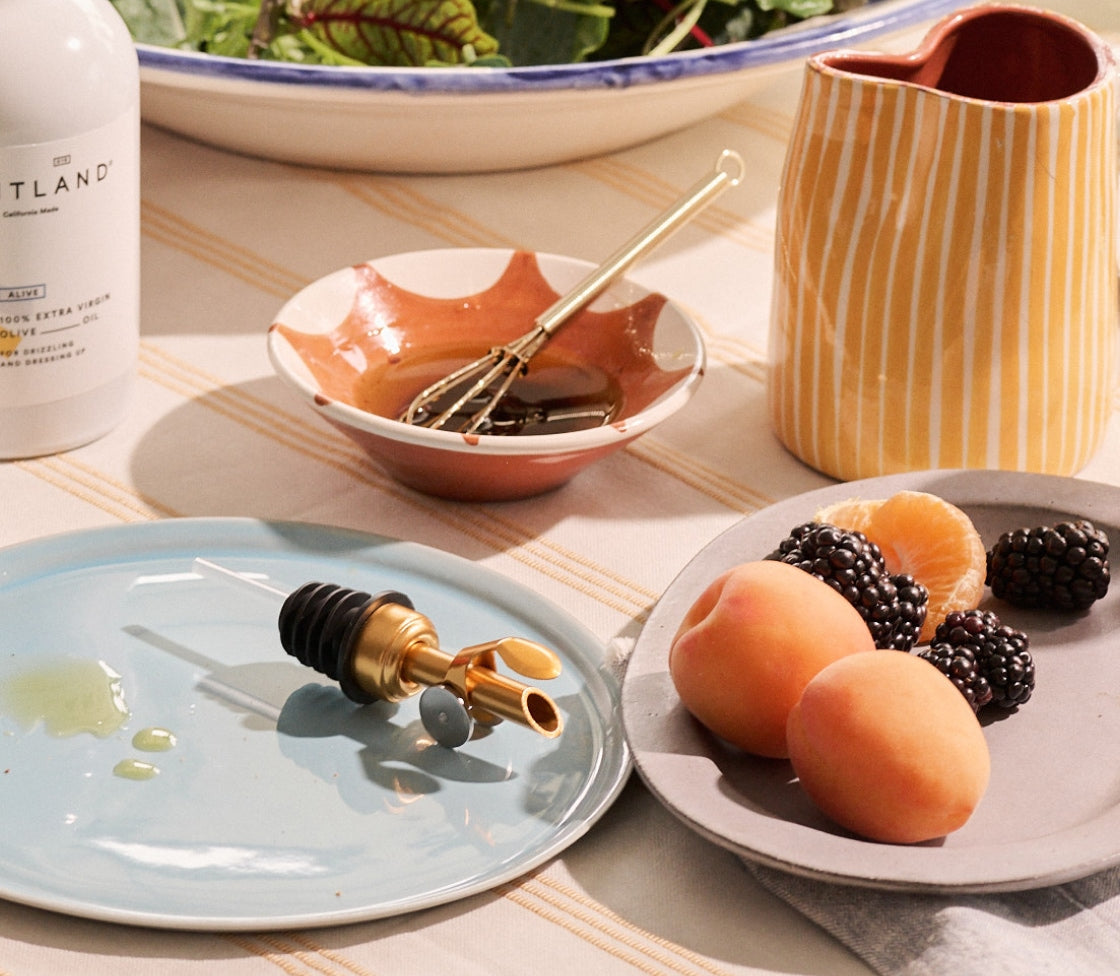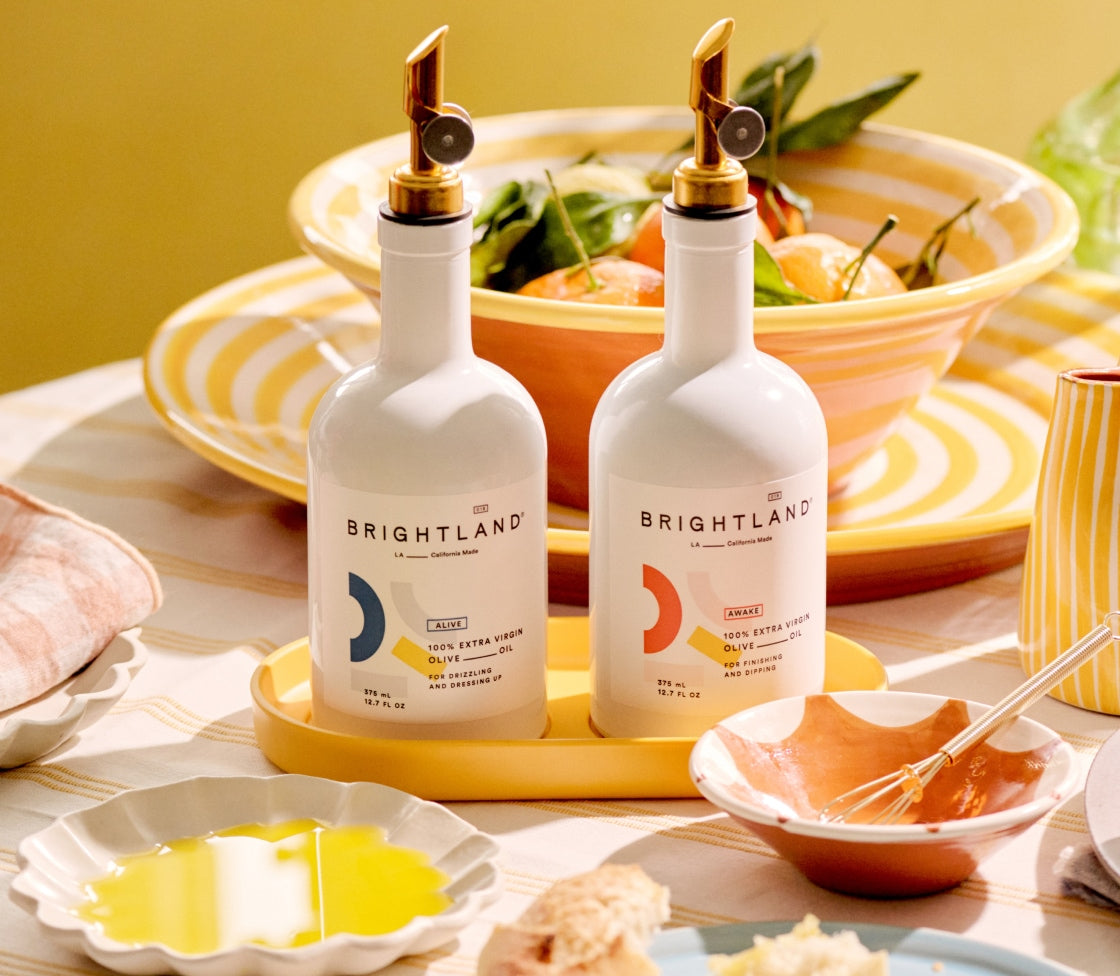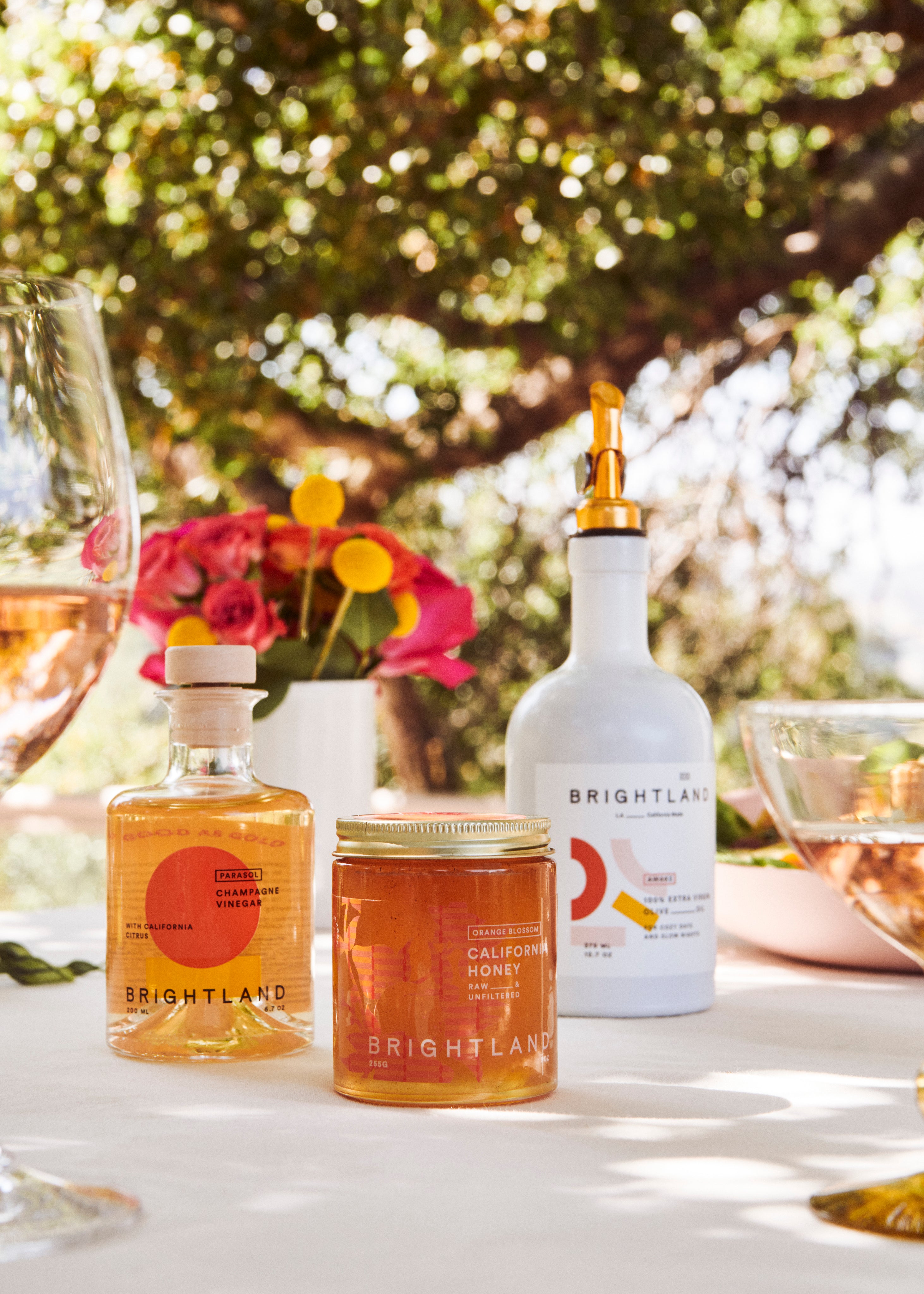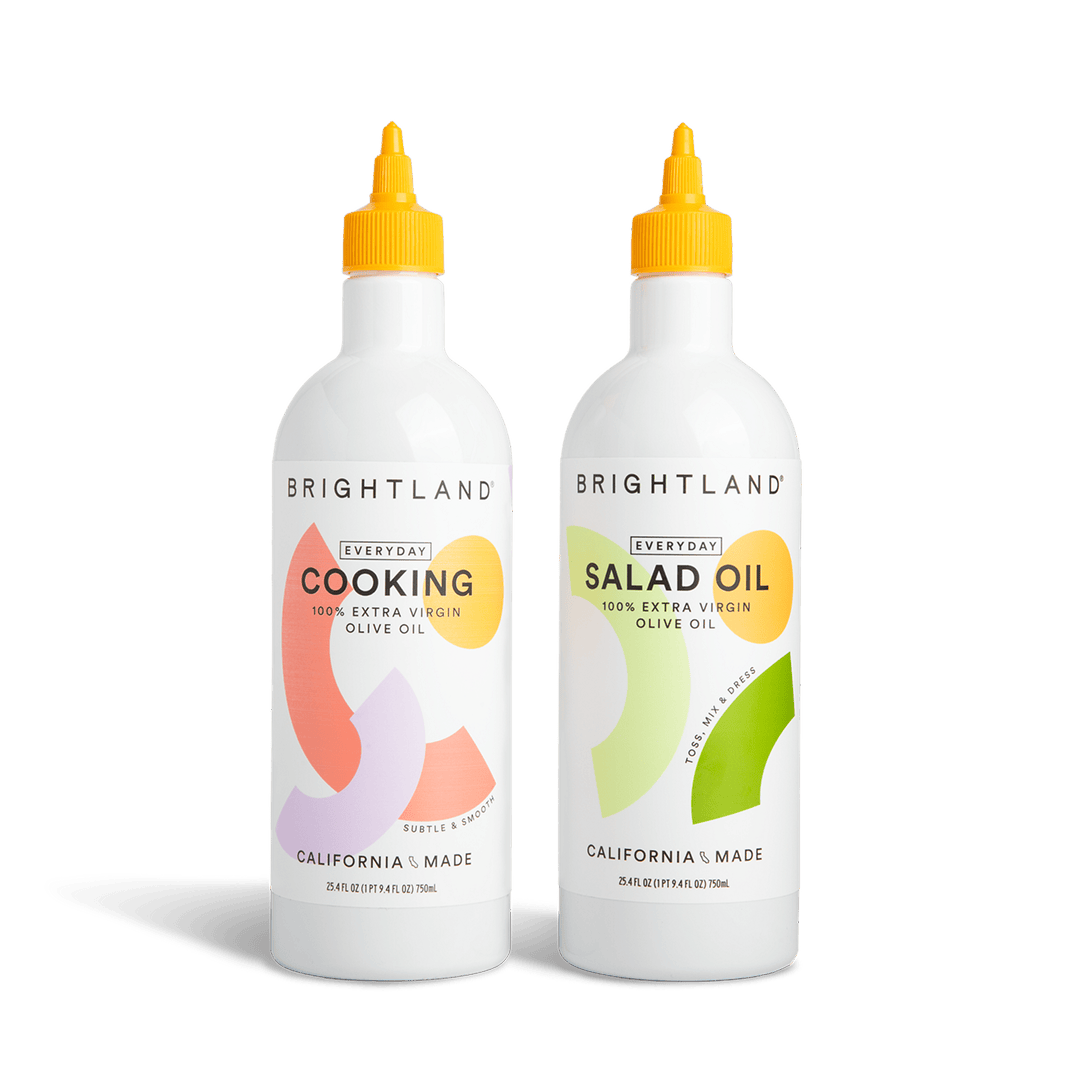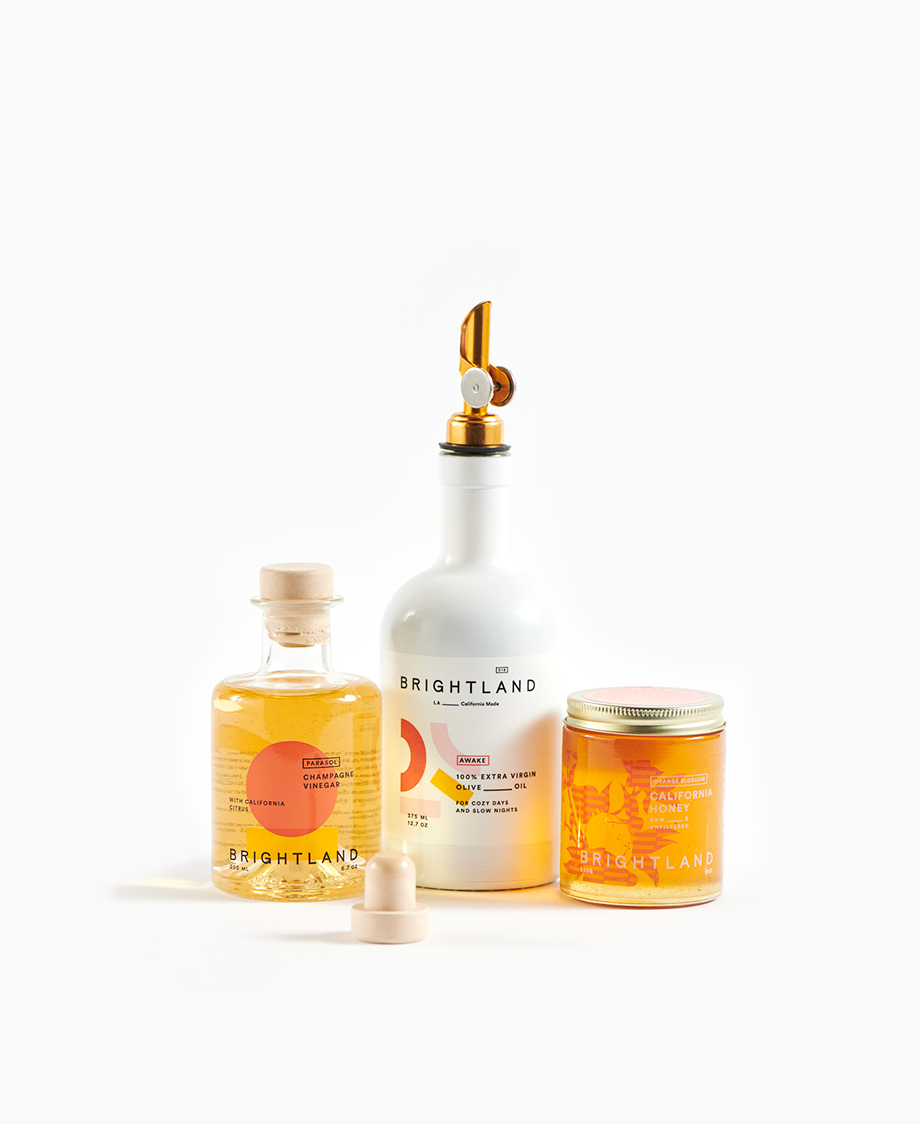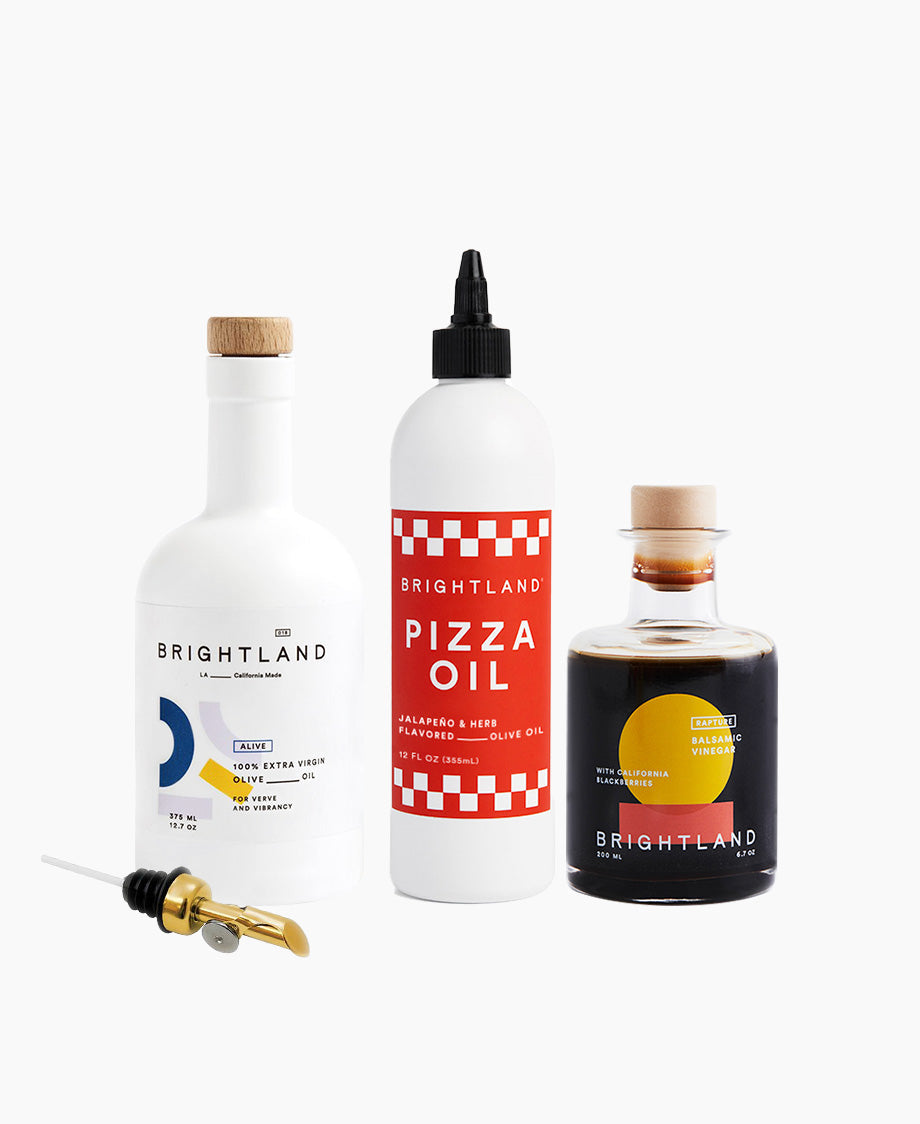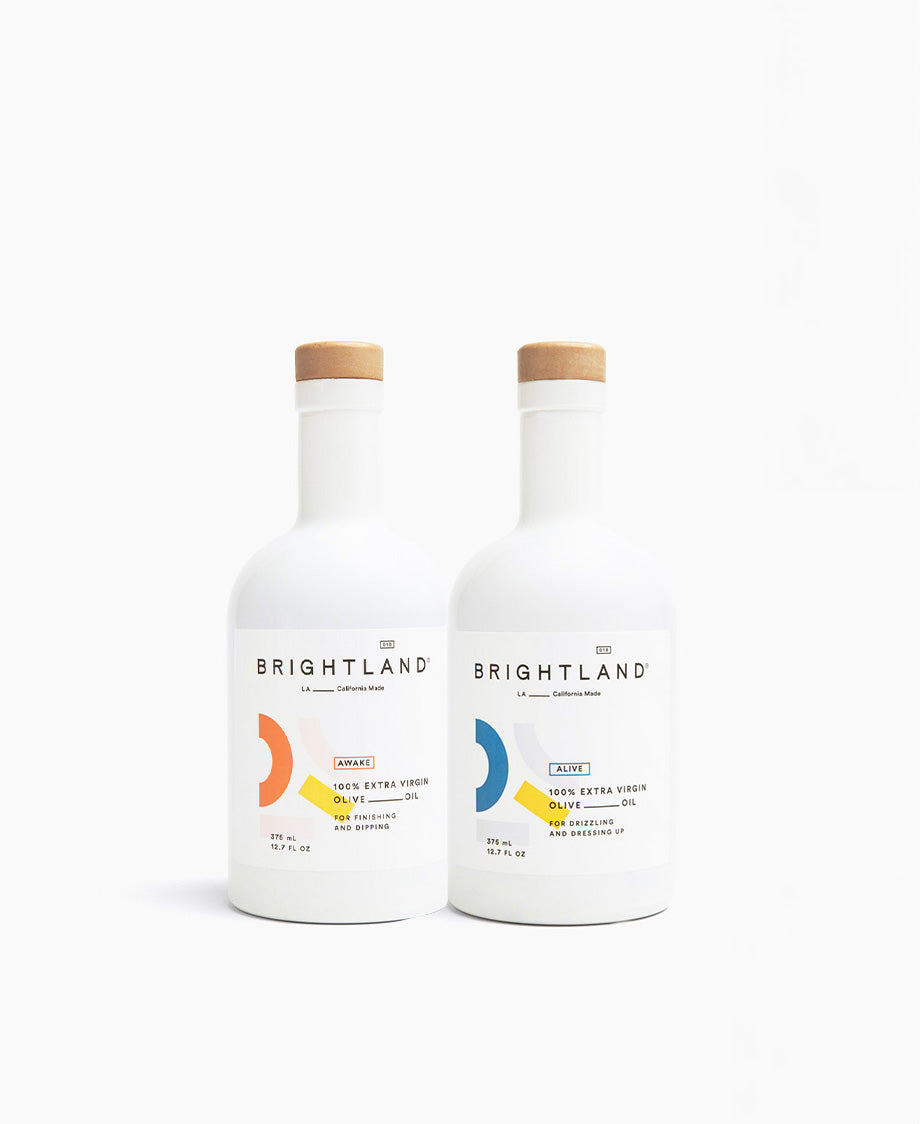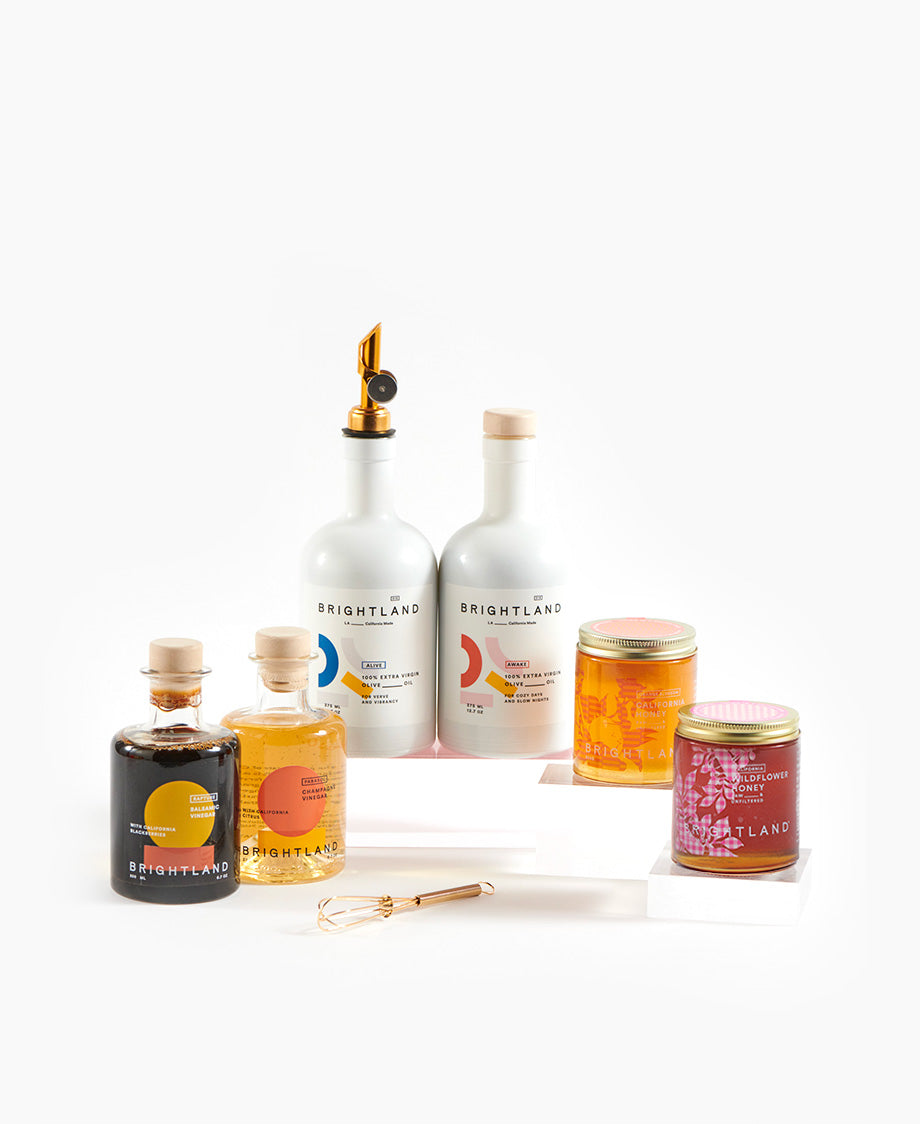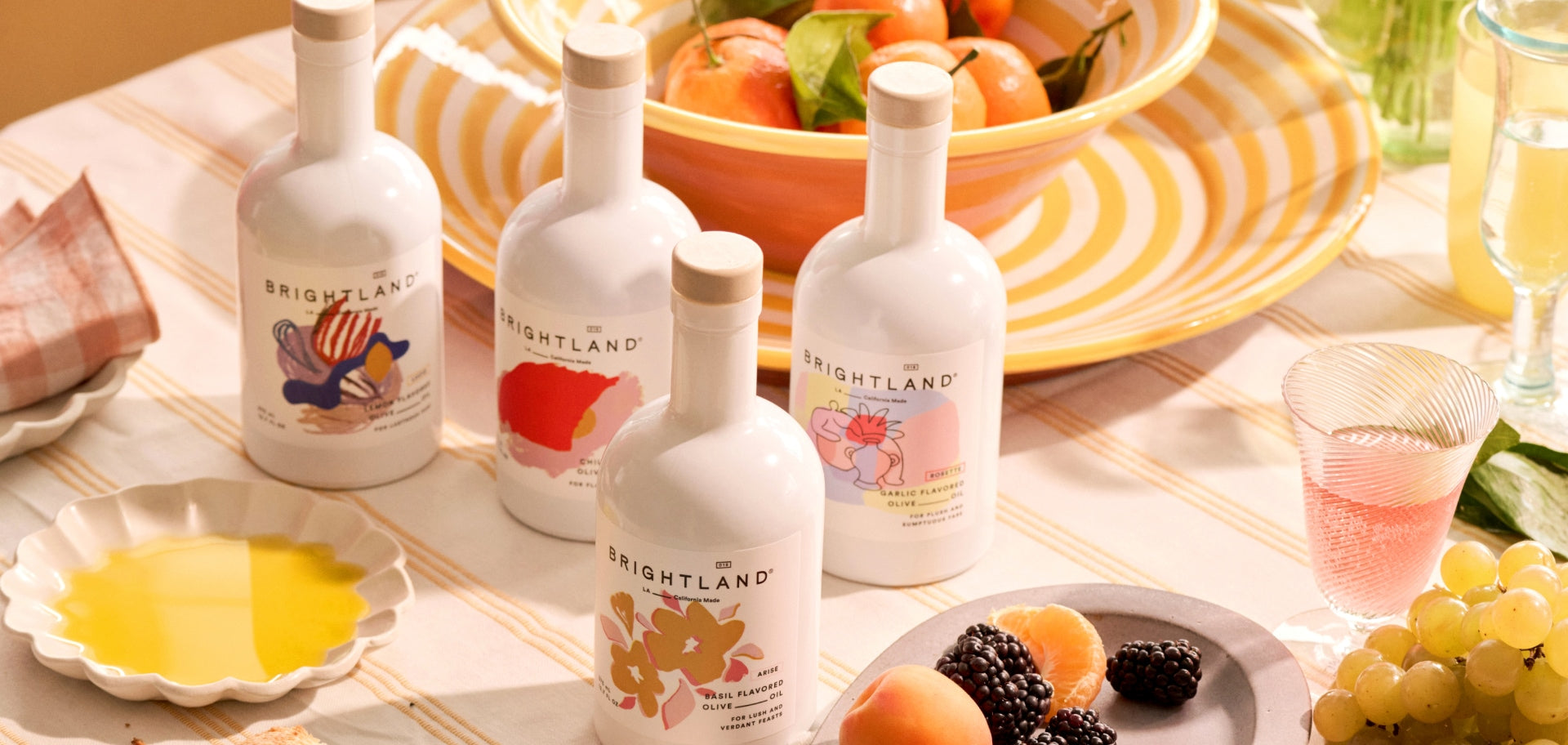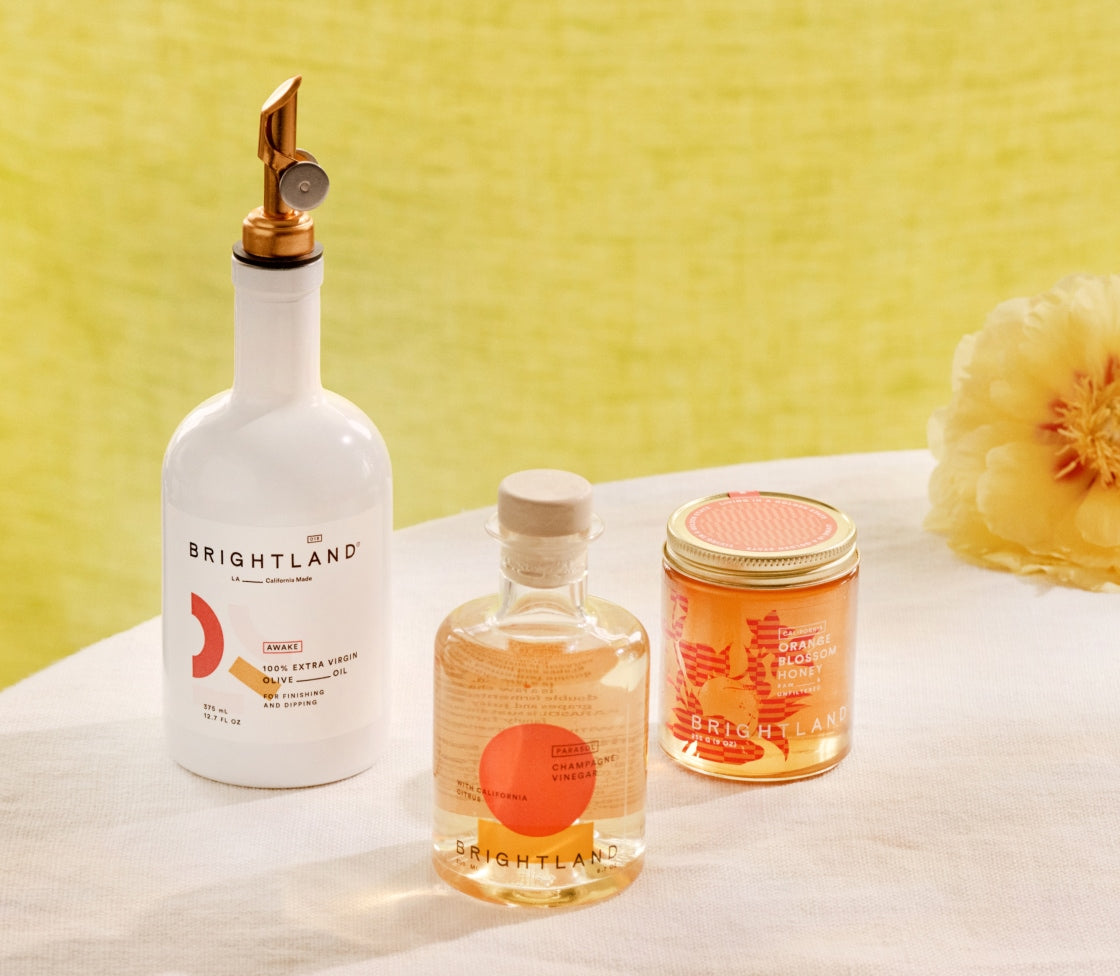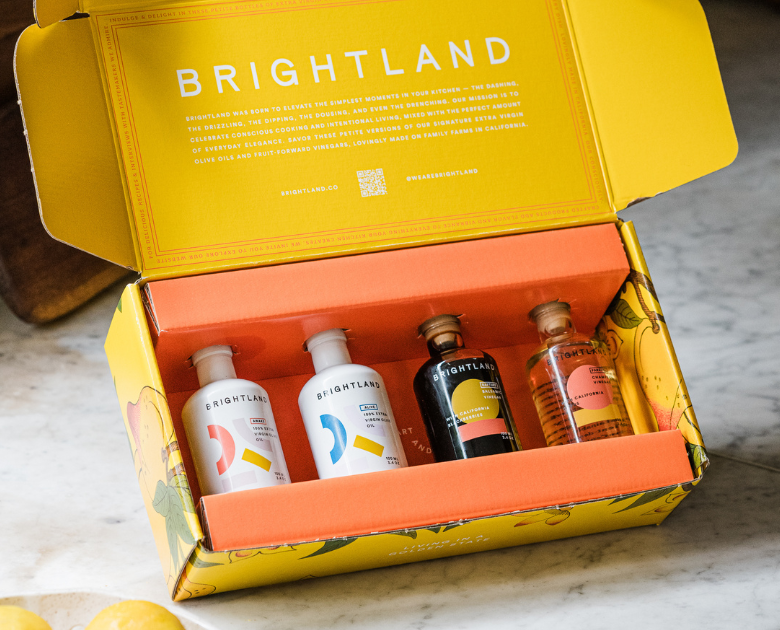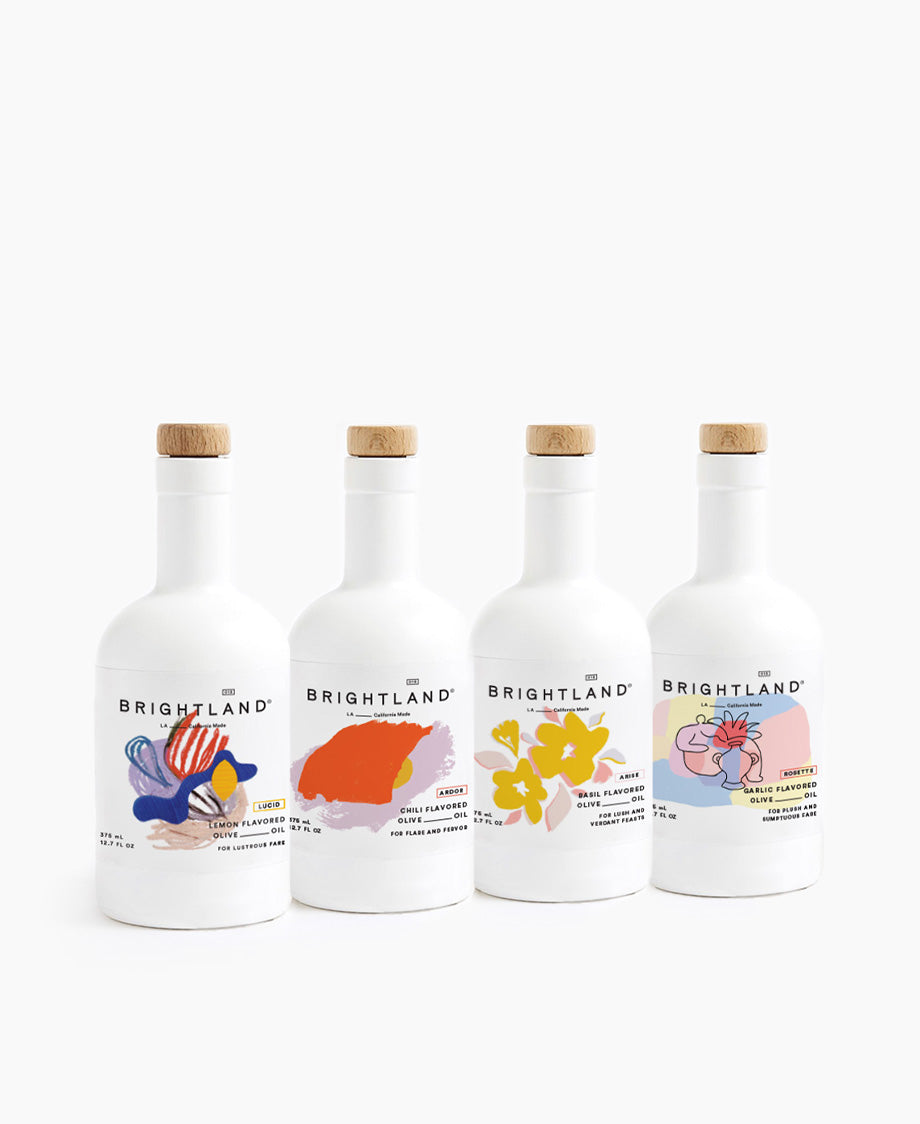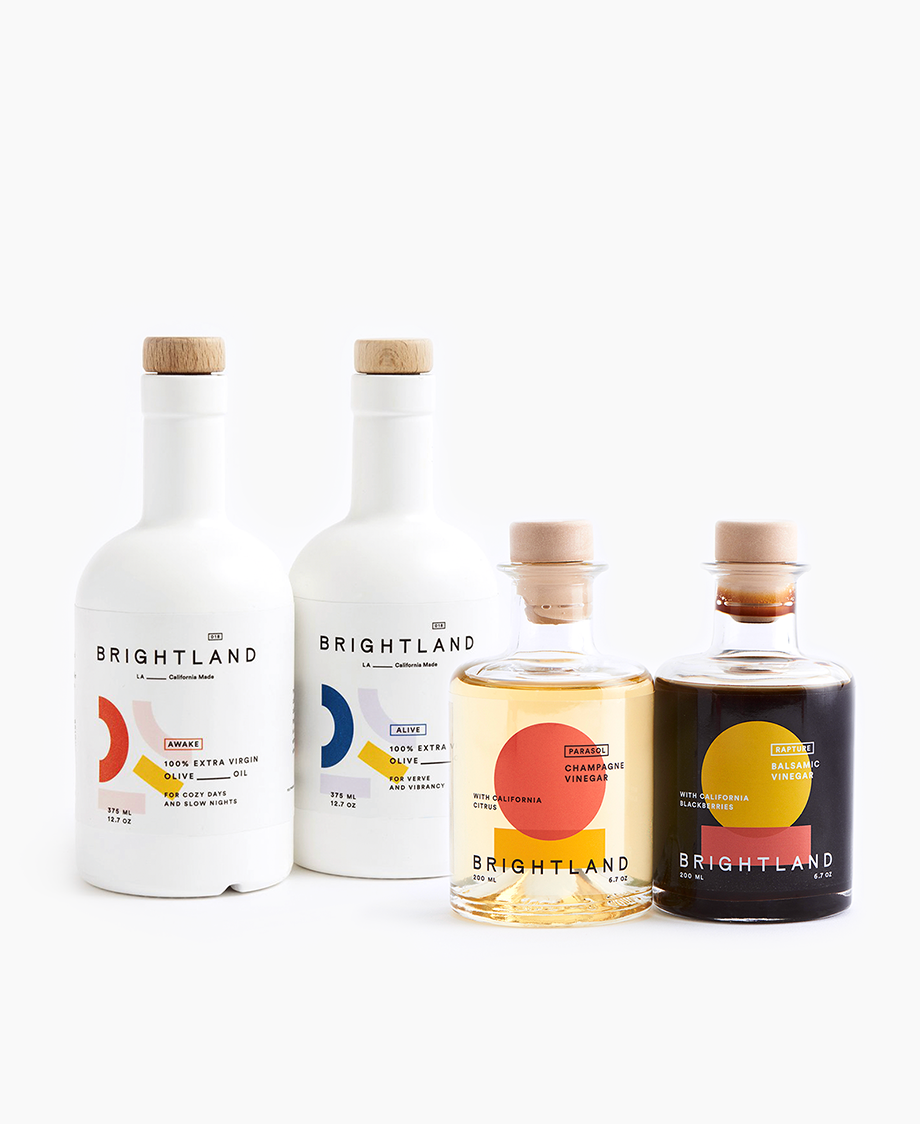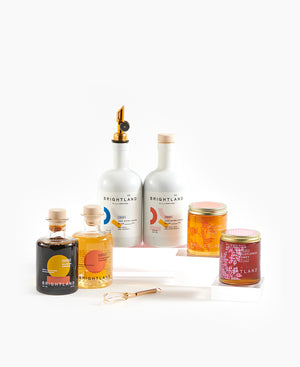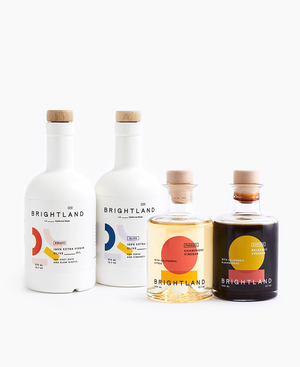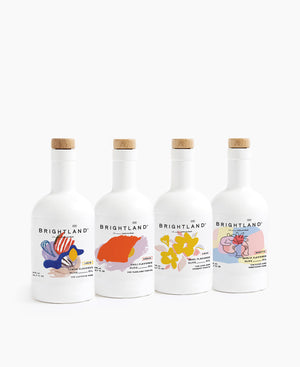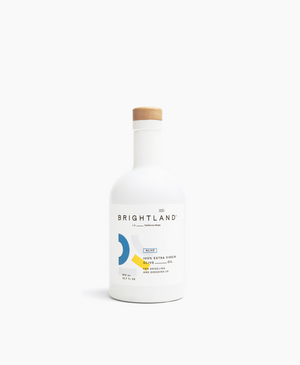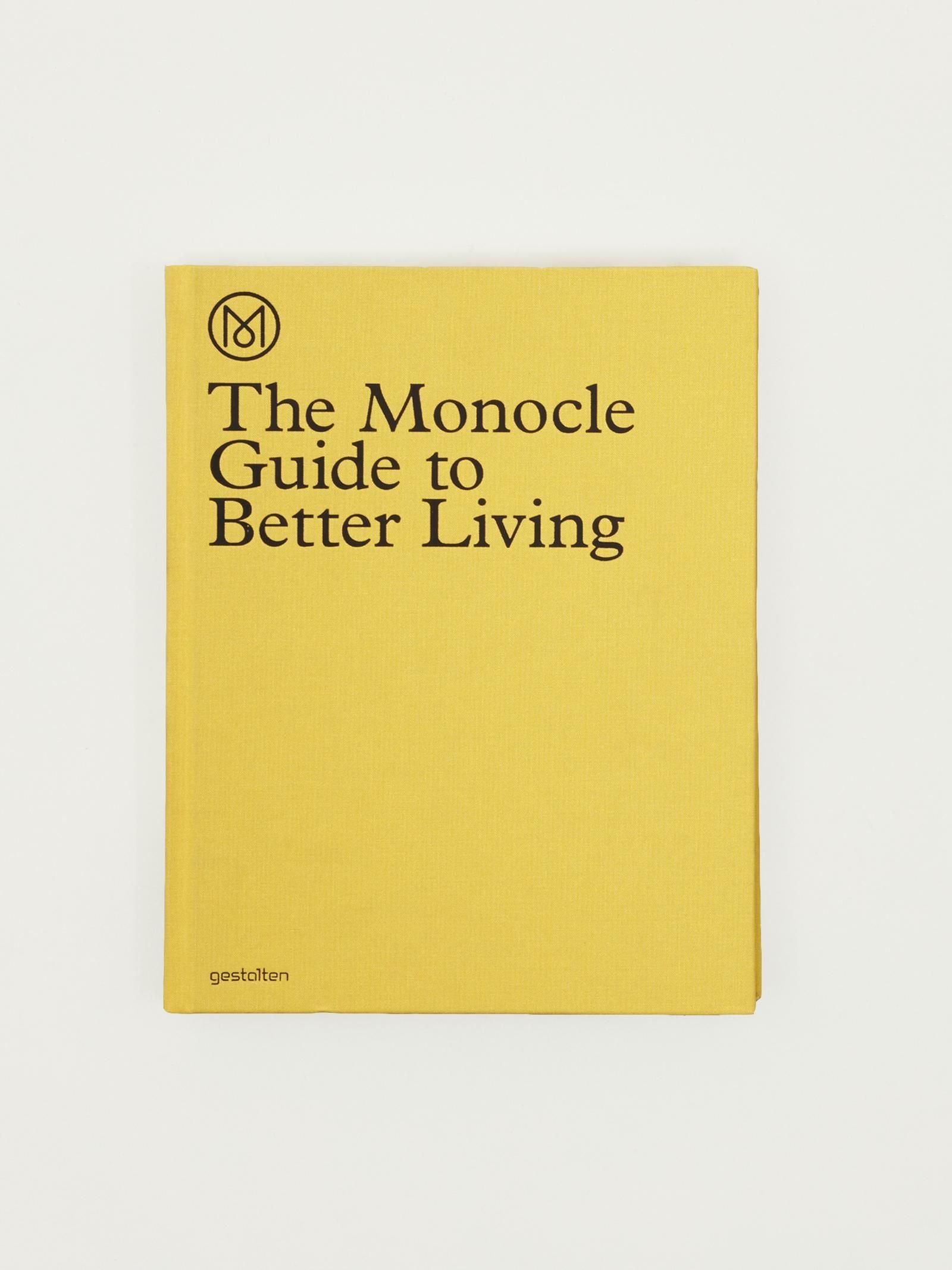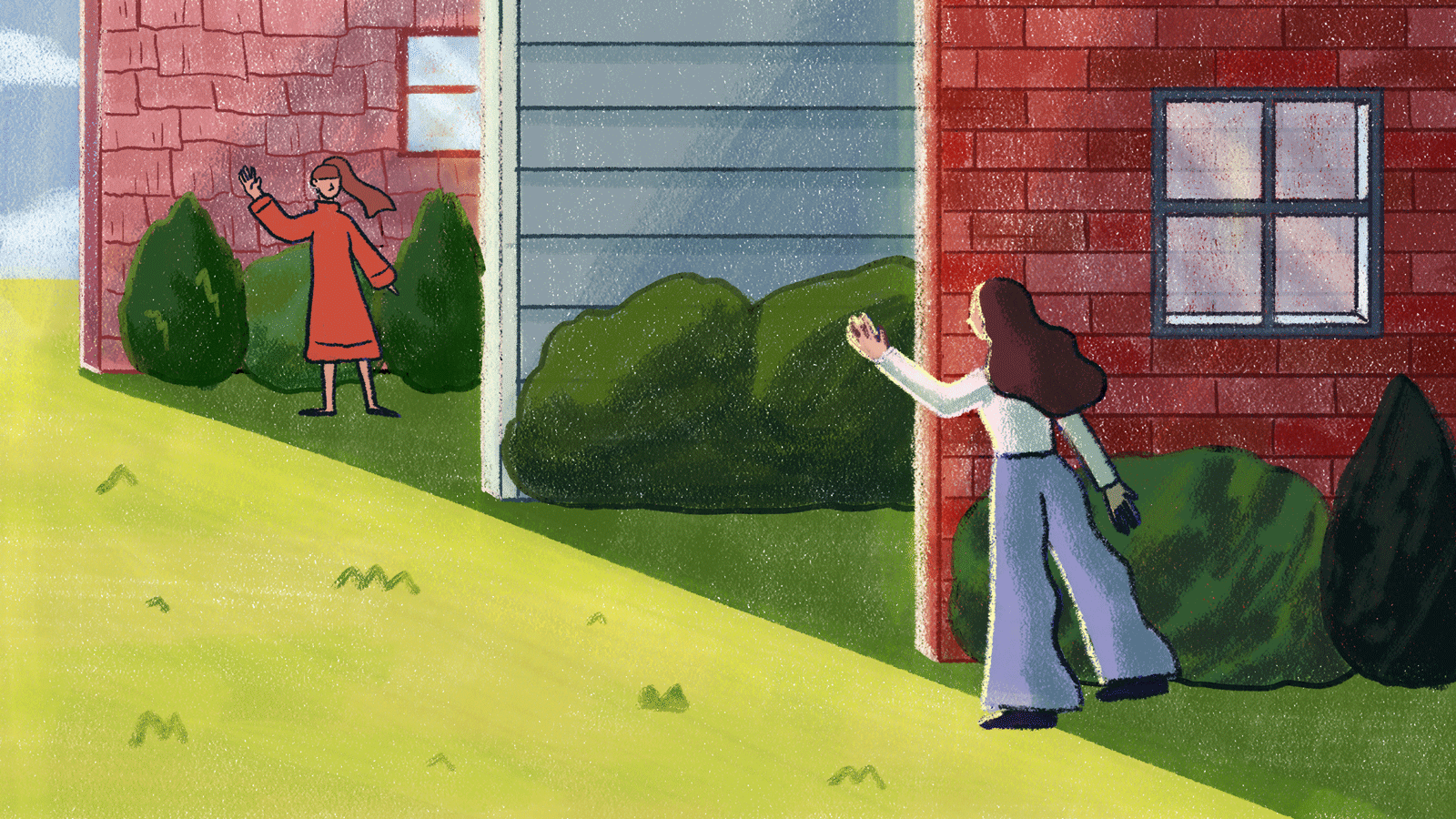Our friend, Mia Rigden of RASA, is our go-to nutrition expert. She graciously lent us her wisdom on nutrition in the time of quarantine, which we are so happy to share with you below.
Tell us about what you do at RASA.
I am a nutritionist and the founder of RASA, a private nutrition practice based in Santa Monica, California. I work with clients one-on-one to help them discover lifestyle and eating habits to best support their bodies. I work with a wide range of clients dealing with gut and digestive issues, autoimmune disease, nutritional deficiencies, hormonal imbalances, and more, as well as those simply looking to improve and maintain proper nutrition. My nutrition practice is unique in that it is rooted in a deep love for food. I went to culinary school in my early twenties and am a firm believer that a nutrient-dense diet tastes better!

What does nutrition look like in a time of quarantine and self-isolation?
Nutrition is more than what you eat. In these unprecedented and uncertain times, we have to be extra diligent about looking after our physical and mental wellbeing. That means prioritizing sleep, exercising and practicing stress management techniques, in addition to eating a healthy, balanced diet. If you’re working from home, it’s easy for it feel like a permanent weekend. The temptation to open a bottle a wine and a pint of ice cream every night is real, but we have to focus on foods and routines that make us feel good in the moment and afterwards.
What are the most important things to consider when nourishing in quarantine?
Break your food up into essential categories: protein, vegetables and healthy fats. Make sure you are getting a source of each with every (or most!) meals. Vegetables in particular can be difficult to come by depending on where you live. I would recommend buying as many frozen vegetables as you can get your hands on, and looking into a local CSA if that’s available in your area. They will delivery a big box of fresh, and sometimes unfamiliar, produce. Use this as an opportunity to expand your repertoire and try new foods.
While getting proper nutrition is important, food is more than calories and macros. One thing I’ve noticed from cooking all of my meals at home for the past few weeks is how important meal times are to me. There’s something therapeutic about cooking and sitting down to a nice meal. Let this be a source of comfort, stress relief, and perhaps creativity. Being “healthy” during quarantine doesn’t mean you’re on a diet. It just means you are choosing high quality foods, which actually can be easier to do at home.
How has your nutrition program changed because of the quarantine?
I already work with a lot of clients virtually, so RASA is open for business as usual! I have, however, been supporting my clients in slightly different ways; sourcing ingredients, meal prep, and maximizing the nutrition of both them and their families. This isn’t a time to put nutrition aside for when things “go back to normal.” There’s a lot we all can be doing today to support our bodies, despite the limitations of quarantine.
What are some of the most commonly asked questions you get? (And what are the answers?)
Frequently asked question: Is this good/bad for me?
Answer: It depends! Our culture has a long history of demonizing foods (fats, meat, eggs) and that hasn’t been helpful. I think we can all agree that high quality, unprocessed, organic foods are better for us, but when it comes to gluten, dairy or other controversial foods, the answer is not always so simple. We have to consider the quality, the frequency in which we eat this food, and (most importantly) how it impacts our personal health. This is going to be slightly different for everyone.
Frequently asked question: But what if I really like sugar?
Answer: We all do! I work with all my clients to stabilize their blood sugar levels so they will not crave sugar and refined carbohydrates. And when you find foods you enjoy that also provide nutrition you will start to crave them over the alternative. I call these productive foods; they look good, taste good, smell good and make you feel good.
What do you say to folks who say they can't maintain the same nutrition or health as they did before the quarantine?
It’s more important now than ever to look after our health, and get as much nutrition in our diets as possible. We have to be flexible with our wellness routines and find solutions that will work while we’re staying home. There is always a solution! Trust me, I’ll help you find it. Don’t use this as an excuse to go on vacation mode—we could be here for a while, and I can’t speak for everyone, but I want to come out of this feeling good about my body and my health.
Can food impact mood?
Absolutely. I could write a novel on this, but food is very closely tied to our mood and emotions. Eating a healthy, balanced diet will help you sleep better, have more energy, feel more focused, confident and so much more. All of these factors impact your mood. You might get an energy boost from sugary and processed foods, but that feeling is fleeting, and followed by fatigue, digestive issues, brain fog, and anxiety. Studies actually show that in-the-moment eating (like when you eat that whole tub of ice cream or bag of chips) does not make you as happy as eating nutrient-dense alternatives. This contradicts the idea that unhealthy = tasty. Yes, believe it!
What are some things you've seen people doing in the quarantine that you wish you could steer them away from?
Drinking every day (as tempting as that is!). I like to have a glass of wine as much as anyone, but I try to limit it to the weekends. It’s a slippery slope!
What are you cooking at home this week?
So many things!!! Chicken and vegetable soup, veggie curry, brown rice pasta with sautéed greens, homemade pesto and salmon. Lots of Asian-inspired brown rice and veggies bowls, and my version of fried rice with the leftovers.
What are your favorite Instagram accounts to follow right now?
My friends! I miss them and love seeing what they’re up to on Instagram stories. I also really like @the_happy_broadcast for good news! I’ve been trying to limit my news intake to once a day — there a fine line between being informed and indulging in panic.
What is the importance of freshness in nutrition?
The fresher, the more nutrient-dense, but don’t let perfect be the enemy of good. If you can’t get everything fresh, there are ways to work around it and still get tons of nutrition.
What are some of the best aspects of cooking / nourishing with fresh, quality olive oil?
I always have good olive oil at home. That is a nonnegotiable for me! Fresh, high-quality olive oil has a higher smoke point, so you can cook with it up to around 400 degrees without oxidation. Plus it tastes better! It’s a win-win.
